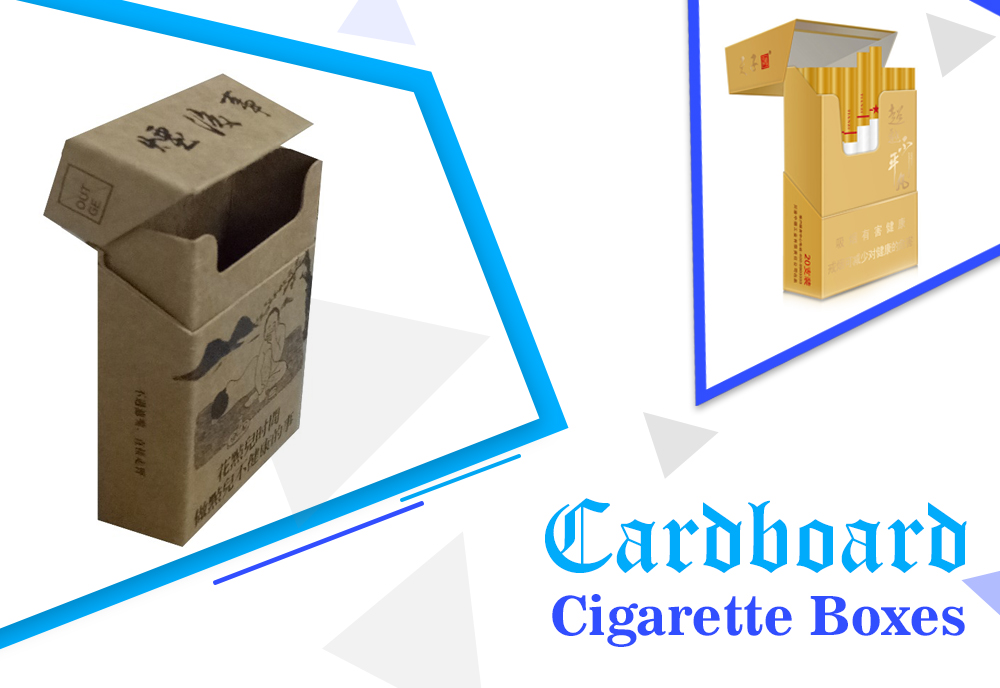Systems are a key part of making your freelance business efficient, consistent, and easy to run. By using systems alongside the proper software, you can streamline many of the tasks that you do on a regular basis – saving time, saving money, and giving you the opportunity to grow your business further.
Before we get into the subject, though, it’s important to know what we mean by ‘systems’. Here’s our working definition:
A system is a set of rules, a workflow, or a procedure that takes a repetitive task and moves it through a specific set of steps towards a predictable result.
While that might seem complicated at first, it’s actually pretty straightforward. You probably already have some sort of a system in place. In fact, it’s quite likely that you do.
Your daily routine is a type of system, for example. You wake up, have coffee, check your email, and look over the day’s jobs. You get to work, and at the end of the day, you have results.
That’s a system.
Of course, your daily routine probably varies a lot, so it doesn’t make for the best type of system. The best systems are used for activities that don’t change a lot – like managing a particular type of project or sending an email blast to your customer.
Think of a system like a production line in a factory. The raw goods (your task) move through the machines (the steps to completion) and at the end of the conveyor belt, out comes the finished product (the result).
Setting up systems for your freelance business helps you:
- Create predictable results
- Automate repetitive tasks
- Complete work quickly
- Increase efficiency
- Improve collaboration
- Increase the quality of work
- Increase response time
In short, systems save time and money while increasing customer satisfaction, production speed, and often the quality of your work.
Systems also reduce and eliminate the wasted energy that goes into repetitive tasks. By clarifying the exact steps required to perform an activity, it’s easy to cut out unnecessary work and distill the process down to its core.
”Waste is a constraint. Reducing waste in your organization is one of the easiest ways of reducing constraints.” – Michael Port, Author of Book Yourself Solid
You can apply systems to almost every aspect of your freelance business. Some of the systems will need to be specific to your line of work, but there are other areas that tend to work well for systems no matter what your business.
The Best Areas to Systematize in Your Freelance Business
“What a mess,” Carolyn complained to her friend. “I’m so busy now, I just can’t seem to find anything. I feel like I’m taking care of everything as it comes up, and it’s not working.”
Carolyn’s business growth had caused disorganization. She hadn’t had a system in place for managing client contacts and maintaining follow-up communication. Now she felt scattered, disorganized, and confused.
So one day she sat down and created a checklist. She wrote down everything she had to do when she submitted a proposal. She made sure that the process didn’t double up anywhere along the way, and that the steps followed each other logically.
The next time Carolyn had a proposal to write, she whipped out her checklist and ran through it. It saved her 15 minutes.
The next day, she had two proposals to submit. She used her checklist method and saved 30 minutes. Four days later, she saved another 15 minutes.
By the end of the month, Carolyn had ‘found’ 8 hours that she hadn’t had the month before and she realized she felt much better about the proposal submission process. “I run through proposals like a machine!” she laughed.
When you write things e.g. proposals, emails, communication stuff and you are not a good writer, remember to use the tools online that can rewrite compelling emails, and proposals for you. You can use the tool and make yourself comfortable.
When developing systems for your freelance business, the goal is to eliminate and reduce all unnecessary work and to make the core process as efficient as possible. It’s about finding the best method to get the job done, and then using that method over and over.
For an activity like writing a proposal, a system is a perfect fit. In our story above, Carolyn used a simple checklist to make her proposal writing faster.
What if you were to take it one step further, and create a template for your most common proposals? How much time could you save? It’s these types of thoughts that will lead you to build efficient systems in your business.
Finding Systems in Your Freelance Business
Here’s a process to see what systems might work for you:
Step 1 – List
Sit down somewhere quiet with a pencil and paper, and write down every business activity you do on a regular basis – think of as many as you can. What daily tasks do you have? How about weekly? What work do you do for clients? How about administrative work?
Step 2 – Organize
Look back at your list of tasks, and start crossing things off. Cross of anything that you love to do; cross off anything that needs complete customization. When you’re left with the annoying tasks that take up a lot of your time, see if you can combine them into related groups.
Step 3 – Plan
You should be left with a few groups of tasks that you do regularly, like sending and following up with proposals. Now, consider what parts of these are repetitive, and how you might be able to do the work once and reuse it in the future. Put that into an outline – or find a piece of software to help – and you’ve just created a system.
When you’re finished working through these steps, you’ll see that there are a lot of different places where you could use systems. Some of the systems would be rather complicated, like accounting or project management, while other areas would be a lot simpler, like creating a process for managing customer contact information.
Completely systematizing a freelance business can be an enormous task; there are many areas of your business that will require you to design a workflow and system from the ground up for your exact process. The good thing about systems, though, is that you can implement them slowly and streamline your business over time.
You don’t need to get bogged down right away in creating brand new systems for your business – you can focus on implementing the many pre-made systems and applications already out there.
Most businesses share at least the basic operating procedures, and people have been creating systems for those areas for decades. By working with these existing systems and software applications you can reap the substantial benefits of automation with very little work and time.
The easiest and most common areas of systemization include:
- Accounting, Billing, and Bookkeeping
- Customer Relationship Management
- Project Management and Collaboration
- Marketing, Promotion, and Publicity
In each of these areas of your business, you can easily apply or tailor existing systems, implement existing software applications, and use pre-made strategies to reduce your workload.
Even without building a completely custom system, there are many ways you can integrate existing systems for your own needs. Try different combinations, explore various methods, and test out several applications to see which serve your purposes best.
It’s a good idea to start work on the areas of your freelance business that can immediately be improved by integrating applications. There are hundreds of great applications, almost one for every need, and you’ll be able to make substantial progress before even needing to get into custom solutions.
Over the next couple of weeks, we will take a look at some of the best applications, strategies, and tricks for each of the common areas we listed previously. We’ve based our suggestions on our own experience and research, and the experiences of freelance businesses we’ve worked with. Remember, what works best for some people may not be what works best for you.
What matters is that you discover ways to start optimizing your business so you can see just how to turn it into a streamlined success.
So what about you? What systems do you use in your freelance business?



